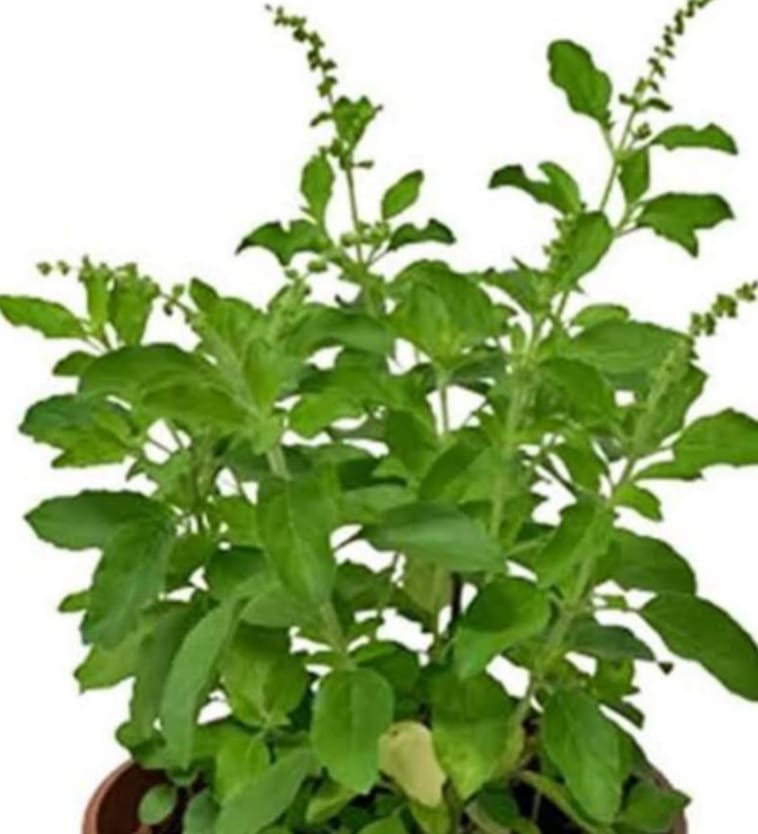
In today’s fast-paced world, viral infections have become a common health concern. From seasonal colds and flu to more severe outbreaks, protecting our body’s natural defense system has never been more important. While modern medicine offers vaccines and treatments, nature also provides powerful remedies that can strengthen immunity and help prevent infections. Herbs, used for centuries in traditional medicine systems, are especially valuable due to their antiviral, anti-inflammatory, and immune-boosting properties. Below are some of the most helpful herbs for preventing viral infections and supporting overall wellness.
- Elderberry (Sambucus nigra)
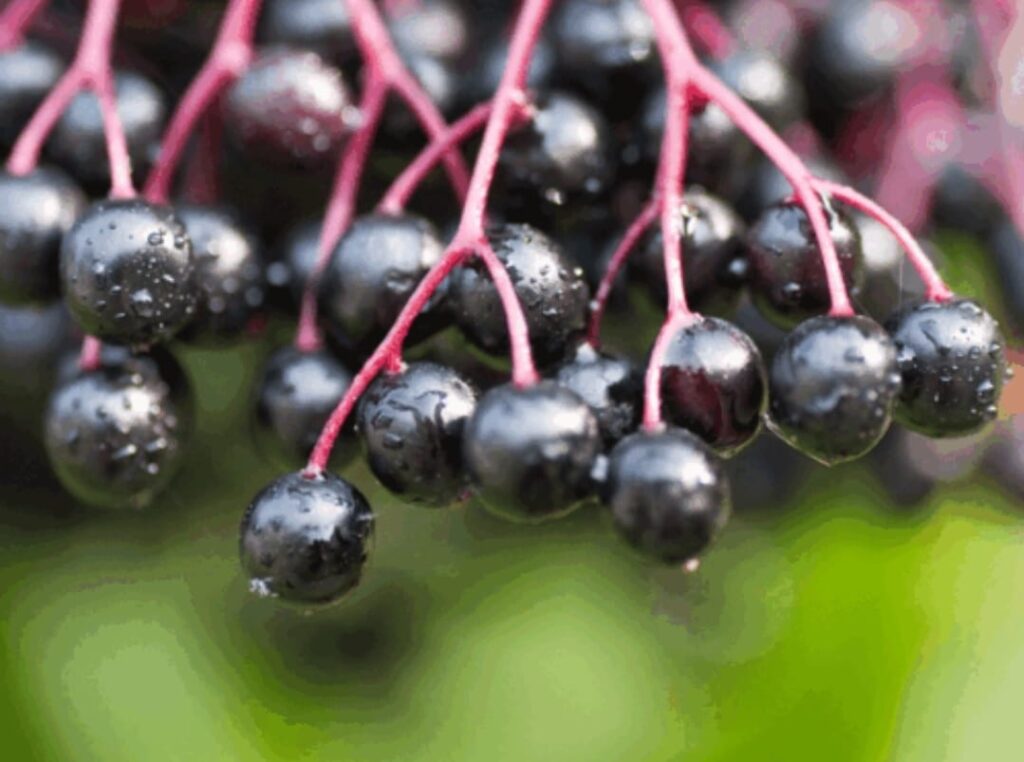
Elderberry is one of the most researched herbs for viral prevention. It is rich in flavonoids and antioxidants that protect the body from oxidative stress while enhancing immune response. Studies suggest that elderberry extracts can reduce the duration and severity of influenza and common cold symptoms. The bioactive compounds in elderberry block viral entry into cells, which helps prevent infection. Elderberry syrups and teas are widely used as natural remedies, especially during flu season.
- Echinacea (Echinacea purpurea)
Echinacea is a popular herb known for its immune-boosting effects. It stimulates white blood cells, which are crucial for fighting off viruses and bacteria. Research indicates that echinacea may reduce the chances of catching respiratory infections and shorten recovery time when illness occurs. Consuming echinacea tea, tinctures, or supplements regularly can provide extra protection during viral outbreaks.
- Garlic (Allium sativum)
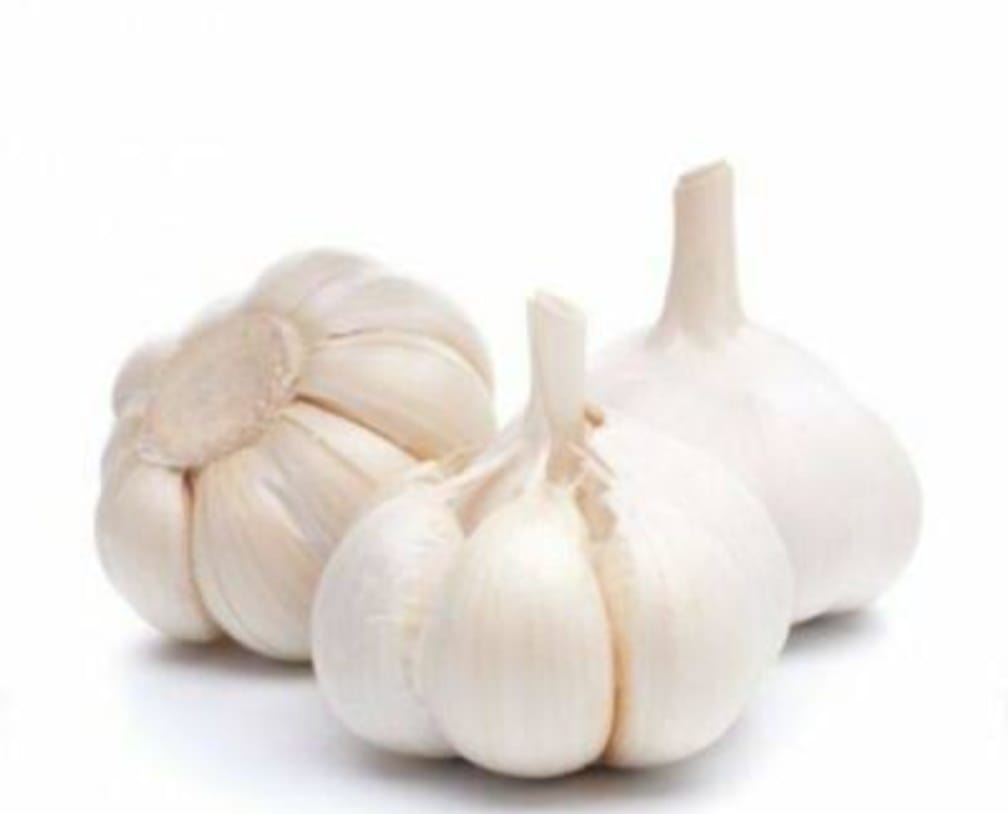
Garlic is not only a common kitchen ingredient but also a powerful medicinal herb. It contains a compound called allicin, which exhibits antiviral, antibacterial, and antifungal properties. Garlic enhances the body’s ability to fight infections by boosting the activity of natural killer cells. Regular consumption of raw or lightly cooked garlic can help reduce the risk of catching colds, flu, and other viral illnesses. Garlic supplements are also available for those who cannot tolerate its strong flavor.
- Ginger (Zingiber officinale)

Ginger has been used for centuries in Ayurvedic and Chinese medicine. It contains bioactive compounds like gingerol and shogaol, which have antiviral and anti-inflammatory effects. Ginger supports the respiratory system, making it particularly effective against viral infections such as colds, coughs, and flu. Drinking ginger tea with honey and lemon not only soothes the throat but also strengthens the immune system. Additionally, ginger improves digestion and circulation, both of which play important roles in overall immunity.
- Turmeric (Curcuma longa)
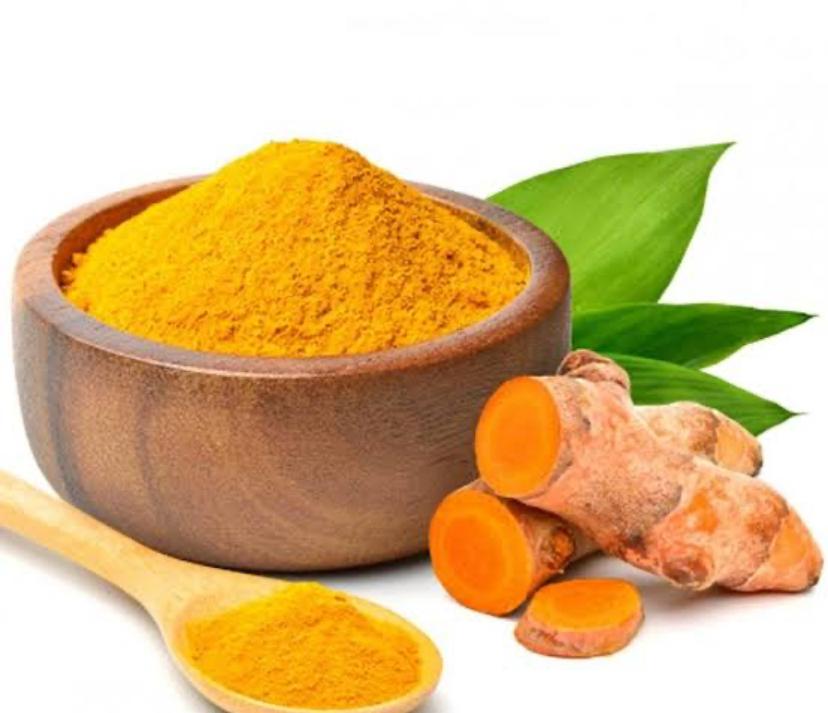
Turmeric, also called the golden spice, has a natural compound called curcumin. This compound works like a strong antioxidant and helps reduce swelling and inflammation in the body. Curcumin has shown antiviral activity against several viruses by interfering with their replication process. Turmeric also enhances antibody response, making the immune system more effective in combating infections. Adding turmeric to daily meals or consuming turmeric milk (“golden milk”) can be a simple and effective way to strengthen immunity and prevent viral illnesses.
- Licorice Root (Glycyrrhiza glabra)
Licorice root is widely used in traditional medicine for its antiviral and immune-modulating properties. Glycyrrhizin, one of its active compounds, has been found to inhibit the replication of several viruses, including respiratory viruses. Licorice tea or extracts can soothe sore throats, reduce inflammation in the respiratory tract, and support immune function. However, licorice should be consumed in moderation as excessive intake may raise blood pressure.
- Holy Basil (Tulsi – Ocimum sanctum)
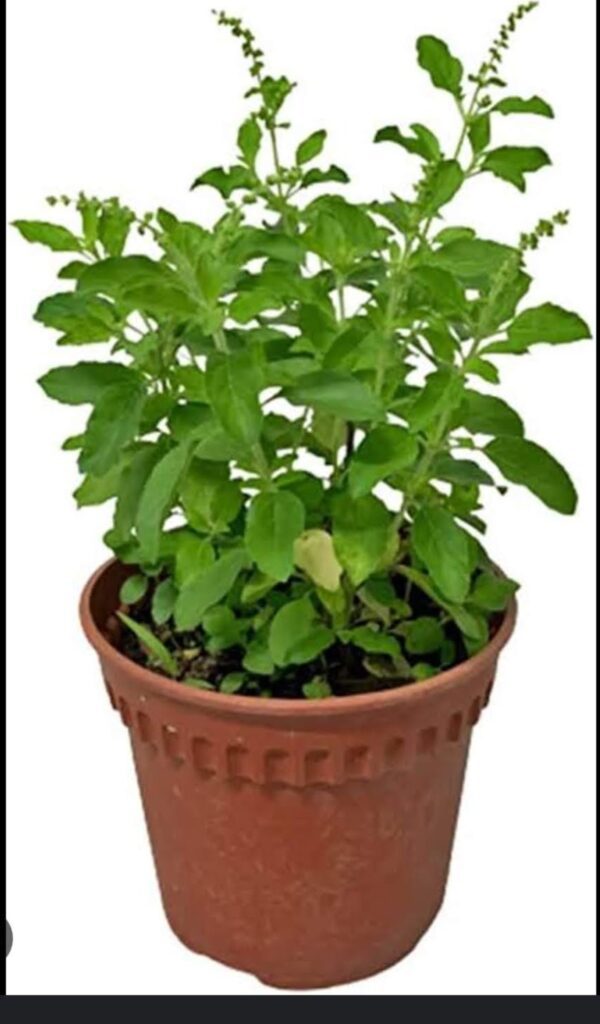
Known as the “queen of herbs” in Ayurveda, holy basil or tulsi is highly revered for its health-promoting properties. It acts as a natural adaptogen, helping the body cope with stress while strengthening immunity. Tulsi leaves contain essential oils and phytochemicals that exhibit strong antiviral and antibacterial activity. Regular consumption of tulsi tea or chewing fresh leaves can help protect against respiratory infections and viral fevers.
- Oregano (Origanum vulgare)

Oregano is more than just a flavorful herb for cooking; it is a potent antiviral and antimicrobial agent. Its essential oil, rich in carvacrol and thymol, has been studied for its ability to fight viruses and bacteria. Oregano tea or oil (when diluted properly) supports respiratory health, making it effective against colds and flu. It also helps reduce inflammation, which often accompanies viral infections.
Do You Know:The Most Beneficial for Heart and Complete Health: The Cardamom
- Astragalus Root (Astragalus membranaceus)
Astragalus is a traditional Chinese herb known for its immune-boosting qualities. It enhances the production of interferons—proteins that help the body resist viral infections. Astragalus root tea or supplements are often used as a preventive remedy against colds, flu, and other viral illnesses. It also works as an adaptogen, helping the body maintain balance and resilience under stress.
- Lemon Balm (Melissa officinalis)
Lemon balm is a soothing herb with antiviral properties, especially effective against cold sores caused by the herpes virus. Its calming effect on the nervous system also helps reduce stress, which can weaken immunity. Drinking lemon balm tea regularly may help prevent viral infections while promoting relaxation and better sleep—two factors that directly support immune health.
Conclusion
Nature offers an abundance of herbs that can help strengthen immunity and prevent viral infections. From elderberry and echinacea to garlic, ginger, turmeric, and holy basil, each herb provides unique compounds that enhance the body’s defense system. While these herbs are not substitutes for medical treatment, they can be powerful allies in maintaining health, especially during flu seasons or viral outbreaks. Incorporating them into daily life through teas, tinctures, meals, or supplements can significantly reduce the risk of infections and support overall well-being.